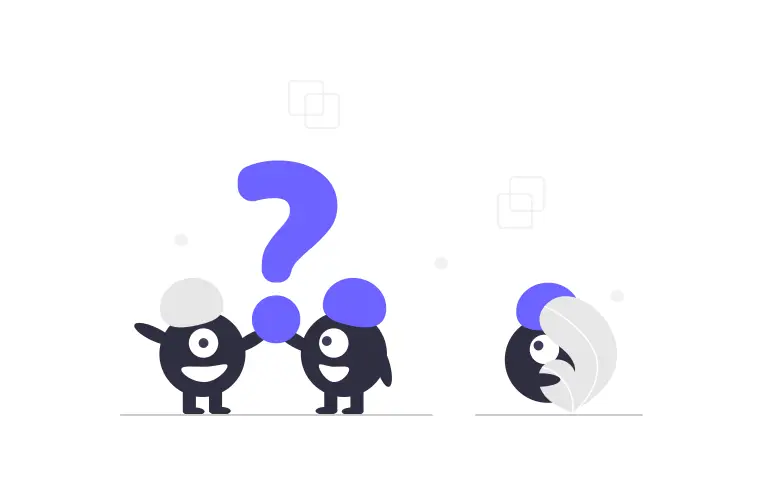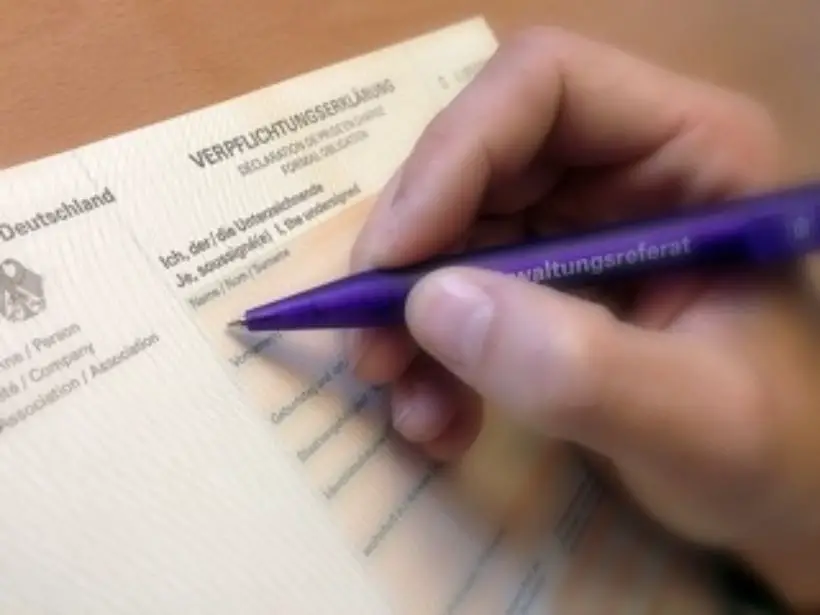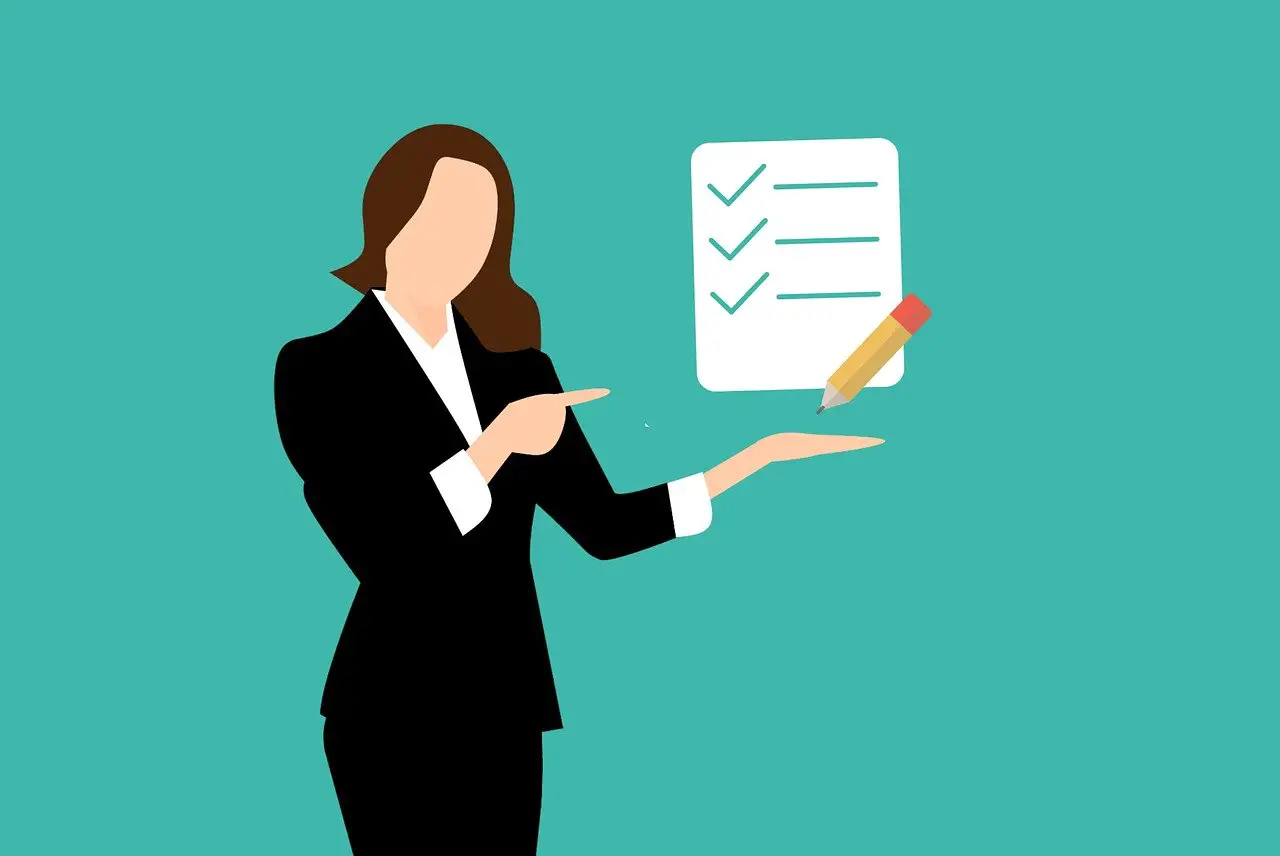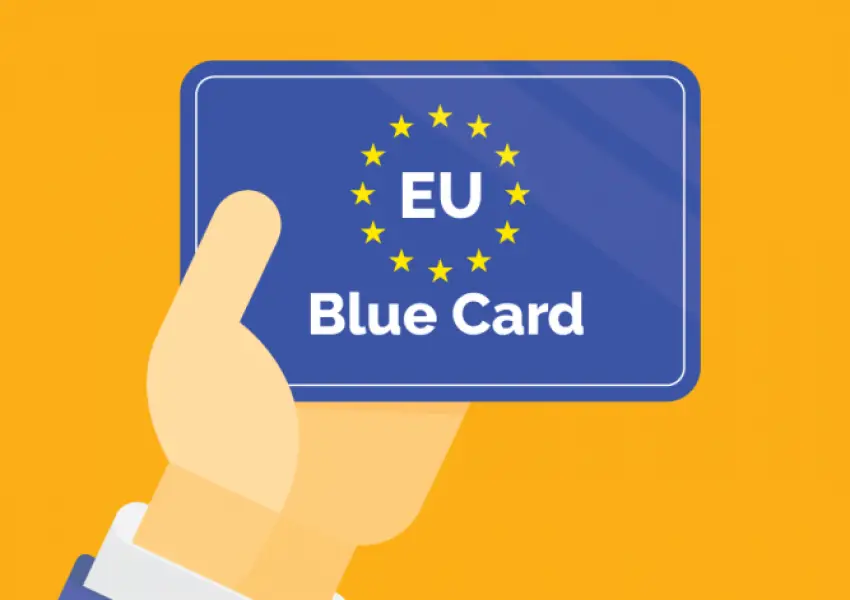The Job Seeker Visa (Aufenthaltserlaubnis zur Arbeitsplatzsuche für qualifizierte Fachkräfte) is a way for eligible candidates to stay in Germany for a period of 6 months and search for a job
While going through the process and finding a job, you may get an enormous number of questions. so what are they?
Well, you are lucky because I’ve put together a complete list of common questions on job seeker visa
1. What is a Job Seeker Visa?
Well, this is a common and known question. It’s a type of long-term visa that you can use to enter Germany and search for a job for a period of 6 months.
2. Who is eligible?
You must be at least 18 years old and completed a university degree. You can find the complete eligibility criteria here
3. What documents are required?
Well, mostly requires 13 documents, and check them here what are they. You can add additional documents if you think that adds value to the visa interview
4. How much are the visa fees?
The visa fee is 75 EUR for adults. Always check the current exchange rate before your appointment
5. Can I visa pay fees in cash at the time of the visa interview?
Cash is accepted at some locations and some not. Check the embassy website as per your location
6. I took Demand Draft of Visa fees 2 days or earlier, will it be accepted?
If the exchange is not the same as in Demand Draft(DD) at the time of the interview, then it will not be accepted. You need to take a new one from the bank. So, always take DD a few hours before the appointment
7. Do we need Insurance while attending the interview for the Job Seeker Visa? Or it is needed while traveling to Germany once the JSV is approved ??
In some locations, Insurance is not needed at the time of the interview. Later they will mail to bring Flight tickets, and insurance if your visa is approved. But some locations they expect at the time of the interview. In that case, you can ask 1hr time and book online, take a printout and submit
8. Is the ZAB equivalency certificate important for a Job seeker visa?
It’s not required, just check your university is H+ in the Anabin portal
9. I am a Java Developer with 7 years of experience. I am currently in the process of getting a Job Seeker Visa. So my question is, once I get JSV, what is the prospect of getting some interviews with companies while still in India itself?
Chances are less for interviews while you are outside Germany even though you have a Job Seeker Visa. But there are some people who got jobs in India itself. It depends on the following factors
1. Company has an urgent requirement
2. Company has a branch or subsidiary in your country to take you on board while you are in India.
10. My Job Seeker Visa is about to expire soon, can I enter Germany now? i.e. is there any mandate that we should have a minimum number of days of visa validity to enter?
With the current rules, it’s not possible. afaik, you need to reapply again. But, your visa will be approved again without any restrictions. Also, better to mail the German consulate
11. How long will it take to get a job seeker visa for Germany?
It depends on location and situation but in general, it takes around 6 to 8 weeks. As your application would be forwarded to the concerned local immigration office in Germany, therefore processing takes a bit longer for German national visas.
In some cases, you will get within a week too.
In some cases, it might take even longer because of additional verifications and also if the local immigration authority in Germany is completely overloaded with work. If you do not get your visa results within 8 weeks, then you should contact your German consulate where you submitted the application
12. Is it the best option to move to Germany with a Job Seeker visa with basic knowledge of the German language?
If you are in IT and have good technical skills in your domain, the basic knowledge gives you some chances in getting interview calls. But, if you are in Non-IT, I would suggest coming to Germany on Job Seeker Visa with B2 (preferably C1) German skills.
13. Can I extend my stay in Germany on a job seeker visa?
No, as per the rules extending your stay in Germany is not possible on a job seeker visa. Once your job seeker visa expires, you must either leave Germany or apply for a different type of visa. But there are 2 options worth trying to extend the visa, find more details here
14. How much money do I need to have in my bank account to apply for a job seeker visa?
You need to have sufficient financial amount to support yourself during your stay in Germany for 6 months i.e. at least €8,640 in your bank account.
15. Can I bring my family with me on a job seeker visa?
No, you cannot bring your family as you don’t have any job yet and you should be in a state of taking care of yourself financially in Germany. Anyone can apply once they acquired a work permit
Note: The above questions on job seeker visa might not be completely answered your questions. If you have any, please ask here or check out the Facebook group






